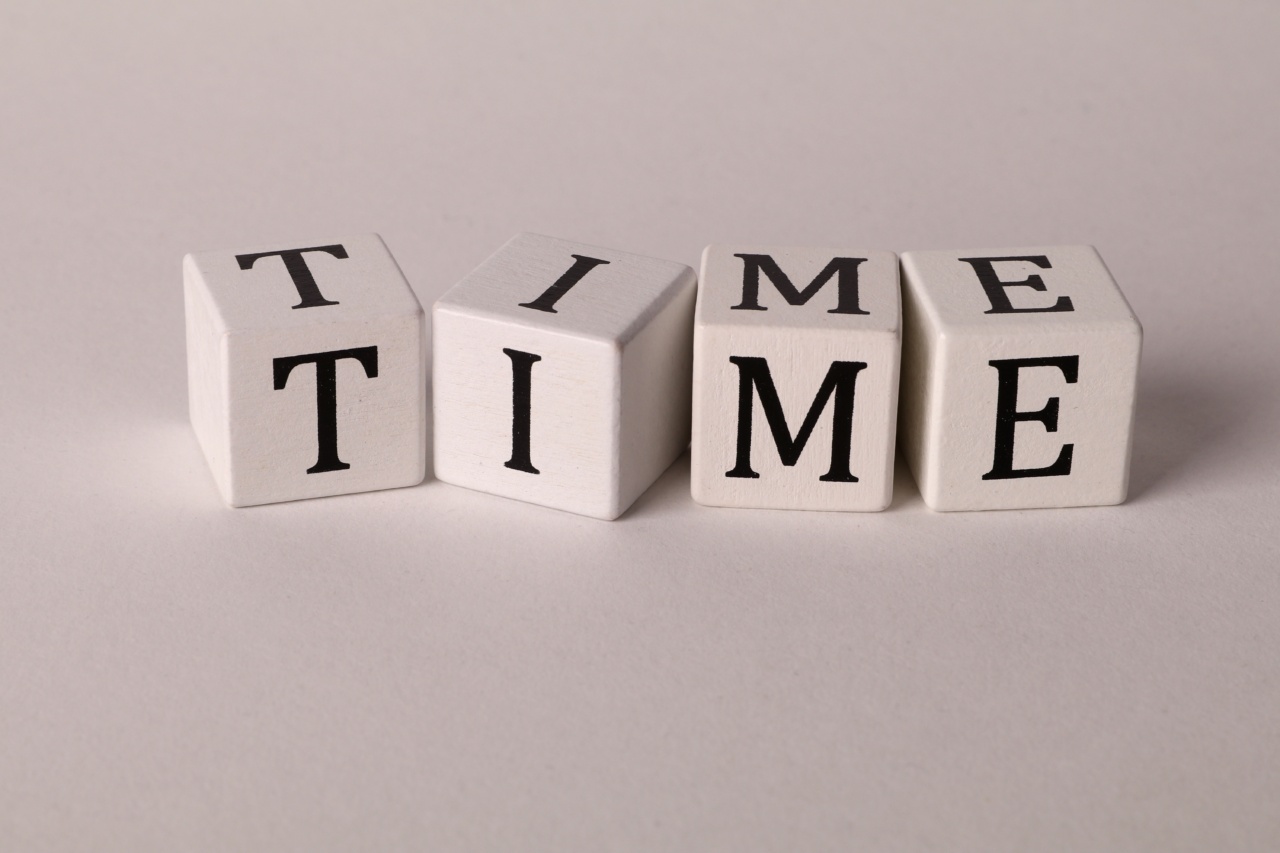Exercise is an essential aspect of a healthy lifestyle. It helps keep the body fit, maintains muscle and bone strength, combats chronic diseases, and reduces the risk of premature death.
Many people face the challenge of finding the best time to integrate exercise into their lives. Everyone’s schedule is unique, and there is no universal rule when it comes to working out. The ideal time to exercise varies from person to person, preferences, fitness goals, and lifestyle.
In this article, we will dive into the science behind appropriate exercise times, advantages, and drawbacks. That said, let’s determine the optimal time for you to exercise.
The science behind the best time to exercise
The human body contains a biological clock that regulates the various functions in the body. This clock governs different processes and helps regulate the sleep-wake cycle, hormone production, digestion, and body temperature.
This clock is known as the Circadian Rhythm and affects the body’s physiological, cognitive and behavioral functions. According to scientific studies, the Circadian Rhythm is an essential factor to consider when determining the optimal exercise time.
The benefits of exercising in the morning
Exercising in the morning is an excellent way to start your day. Studies show that working out before breakfast is beneficial in losing weight and burning fat.
When you exercise on an empty stomach, your body uses the stored fat as the primary source of energy, resulting in better weight loss outcomes. Additionally, morning workouts can increase mental clarity and boost energy levels to start your day. Morning exercises can also promote better sleep quality at night by regulating cortisol levels, the hormone that affects stress and alertness.
The advantages of exercising in the evening
Many of us have busy schedules and cannot find the time to exercise in the morning. If you’re one of them, exercising in the evening might be the best option for you.
Studies show that exercising in the evening can improve sleep quality and help you relax, especially after a long, hectic day. Moreover, working out after a long day can help reduce stress levels and improve mood.
It’s also good to note that body temperature typically increases during the day, and exercising in the evening allows the body to cool down, resulting in better performance and reduced risk of injury during the workout.
The disadvantages of morning workouts
Although there are many benefits to morning workouts, they may not be suitable for everyone. Waking up earlier than usual to exercise may lead to an imbalance in sleep, ultimately resulting in fatigue and decreased performance.
Moreover, the lack of fuel in the stomach in the morning can lead to muscle degradation or injury during high-intensity workouts.
The disadvantages of evening workouts
While exercising in the evening has its benefits, it may not be the best time for some. Exercising too close to bedtime can affect sleep quality and make it challenging to fall asleep.
Additionally, the body’s cortisol levels peak in the evening, leading to increased activity and alertness, which may hinder relaxation and recovery after a workout.
Other factors to consider when choosing the optimal exercise time
Individual preferences, lifestyle, and fitness goals are crucial factors to consider when deciding on the best time to work out.
For example, those with a busy lifestyle may find it challenging to commit to a morning workout routine and prefer to exercise in the evening. Similarly, individuals with joint issues or back pain may prefer low-impact exercises in the morning, when fatigue and inflammation are low.
Moreover, fitness goals such as weight loss, muscle gain, or improving performance also play a part in determining the ideal exercise time.
High-intensity workouts like running and interval training are best done in the afternoon, as they require more energy and result in higher performance levels.
Final thoughts on the best time to exercise
The ideal time to exercise varies from person to person, depending on individual preferences, fitness goals, and lifestyle.
While morning workouts are excellent for weight loss, elevated energy levels, and better sleep, evening workouts might help relieve stress, improve mood, and enhance performance. However, it’s essential to keep in mind that other factors such as sleep quality, hydration, and proper nutrition also play a part in achieving optimal physical activity results.




























